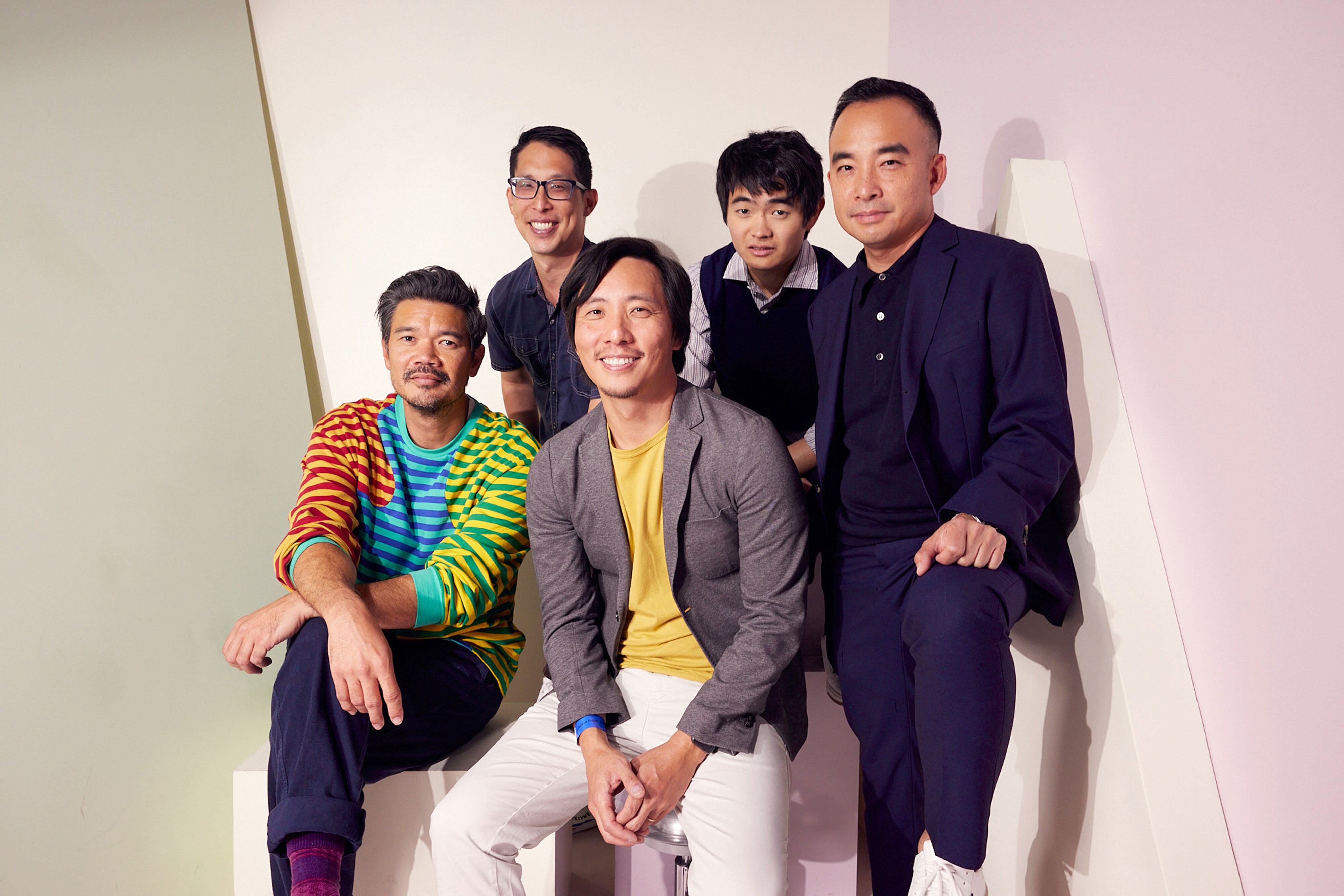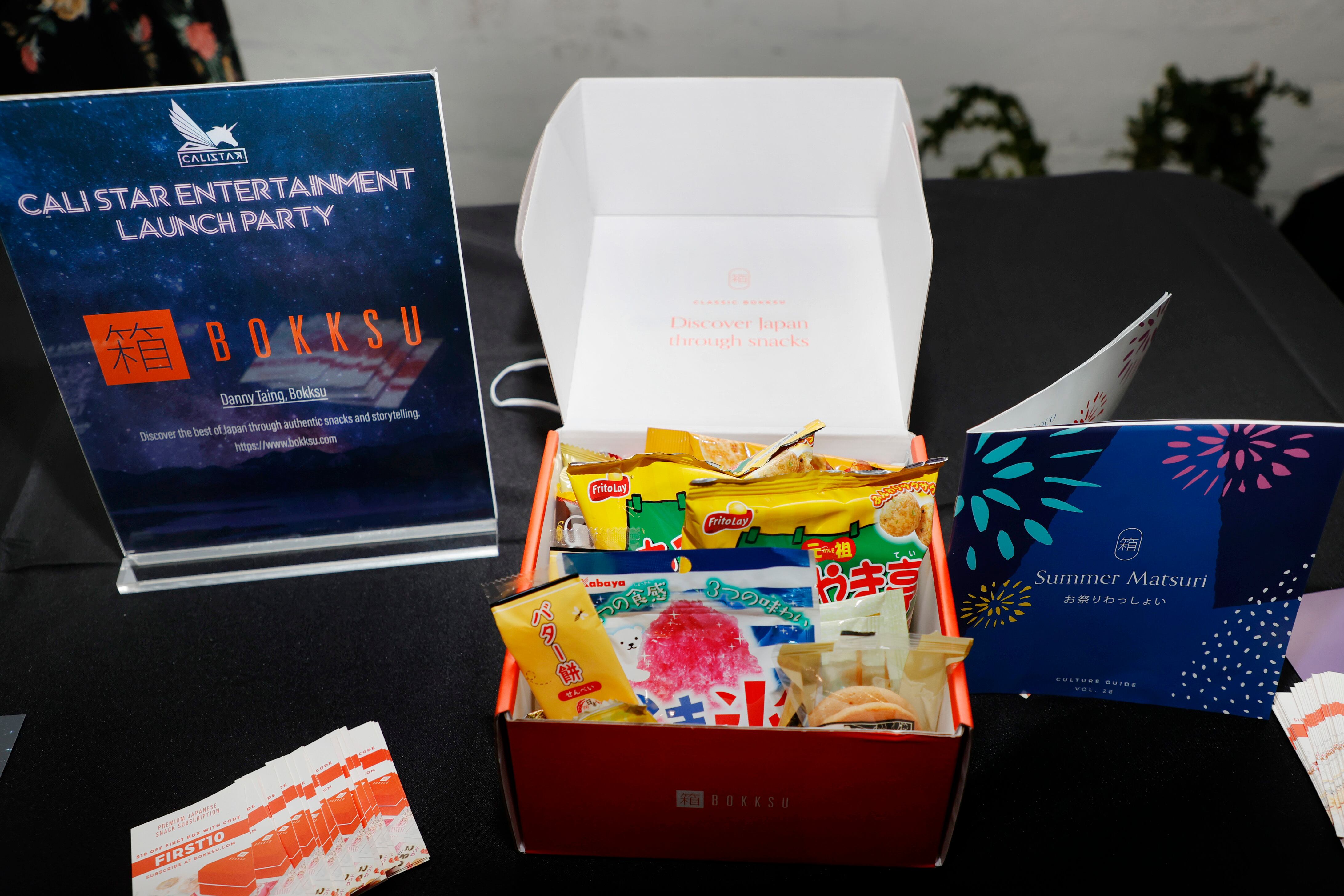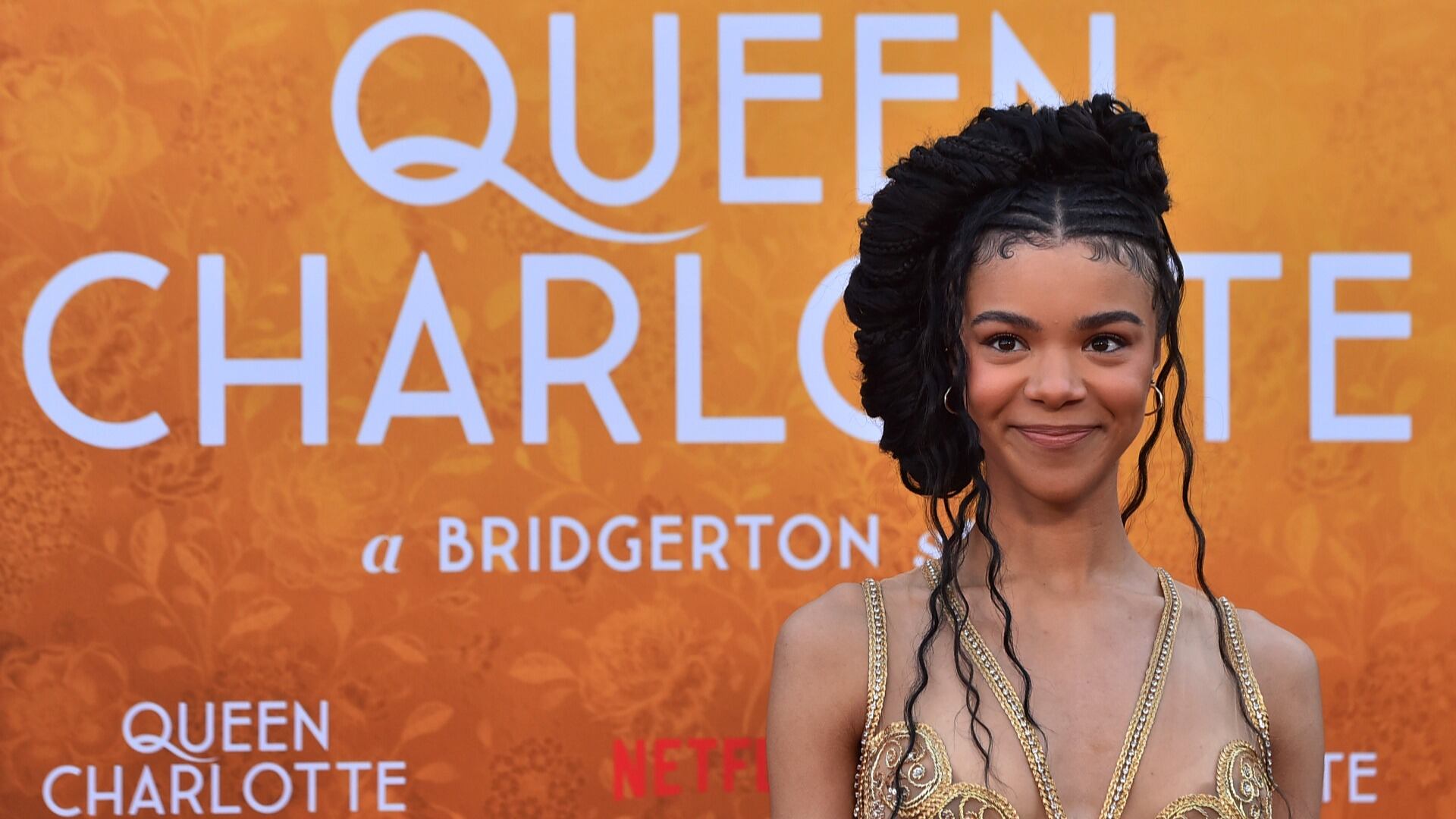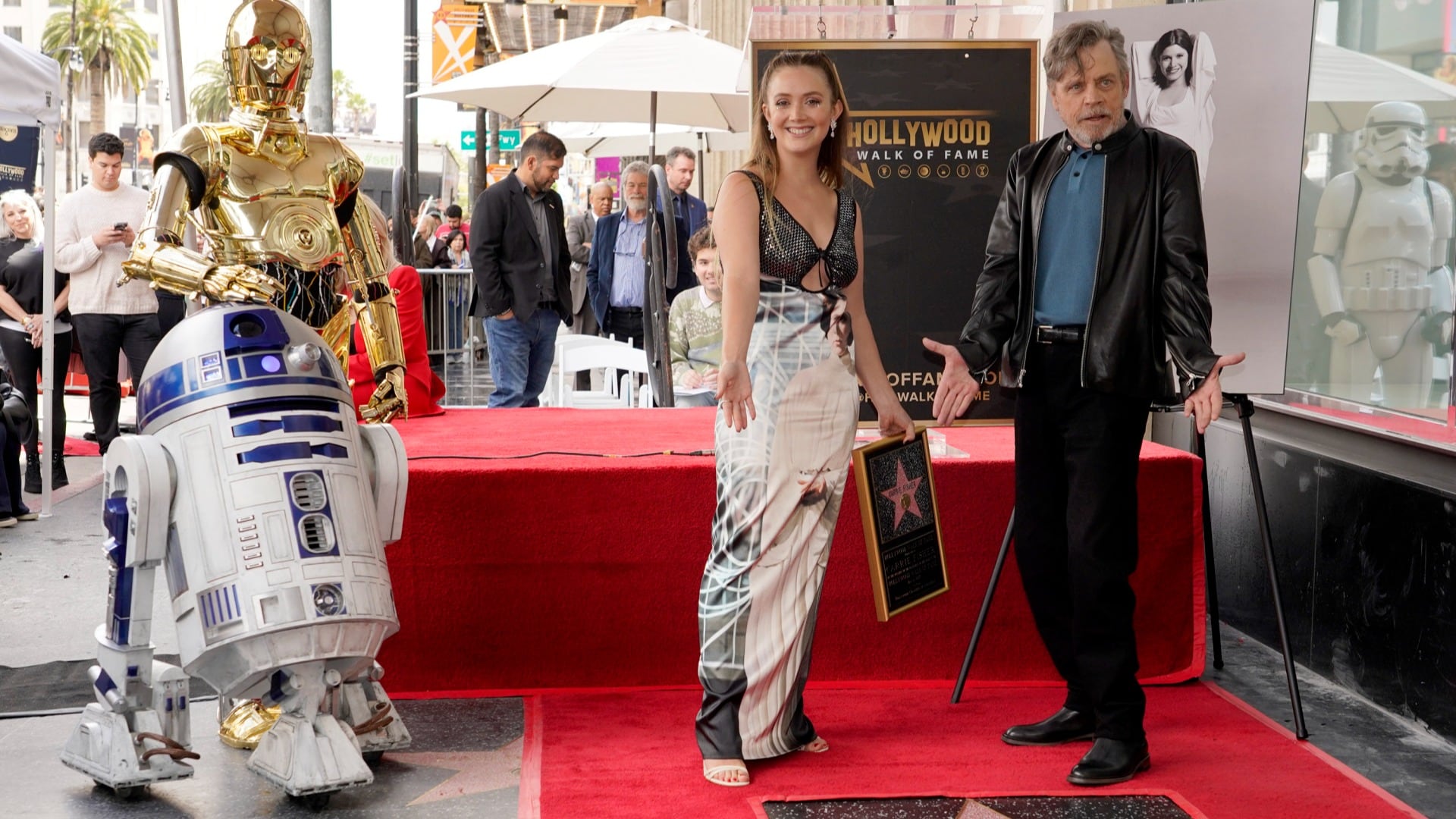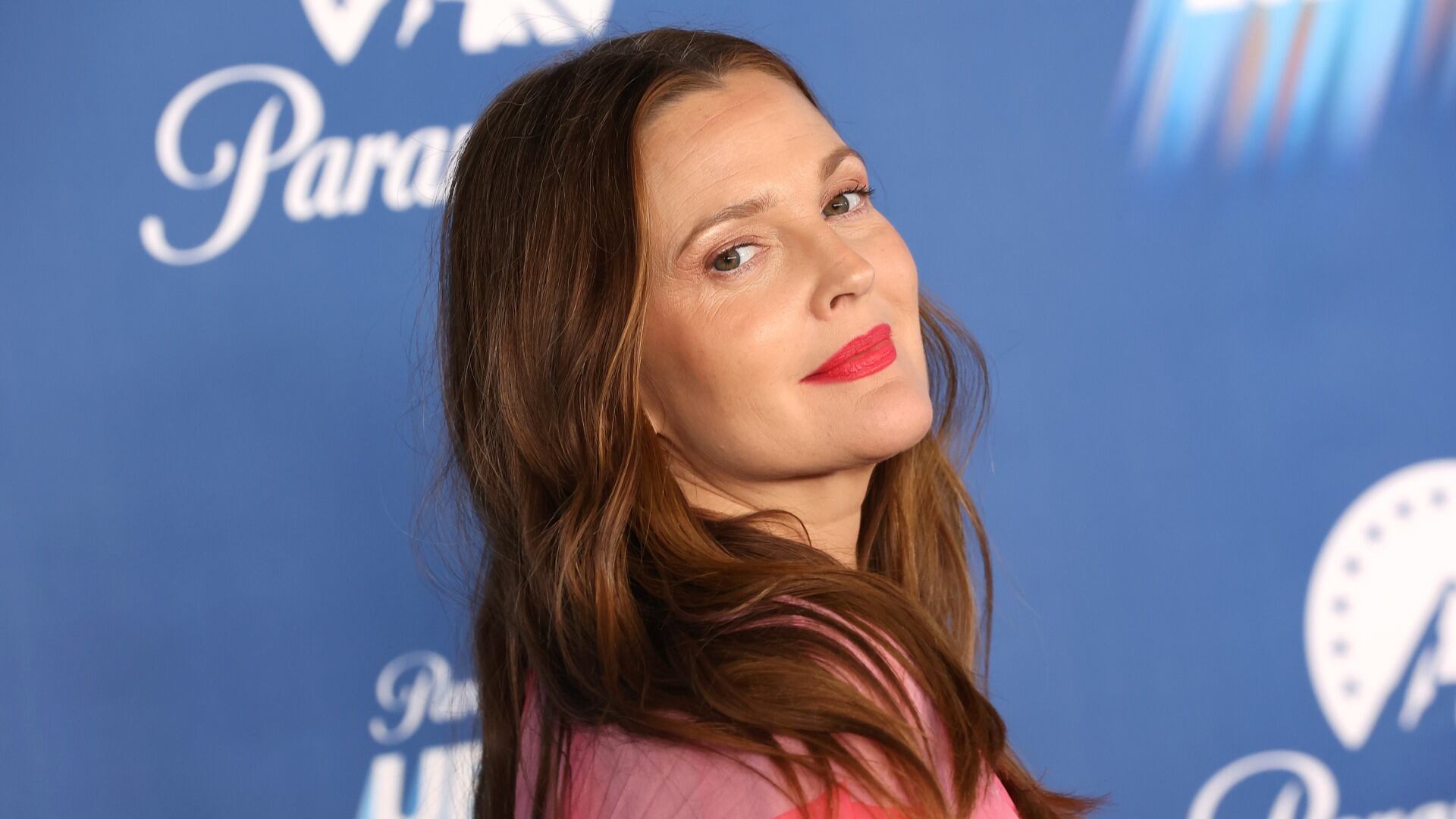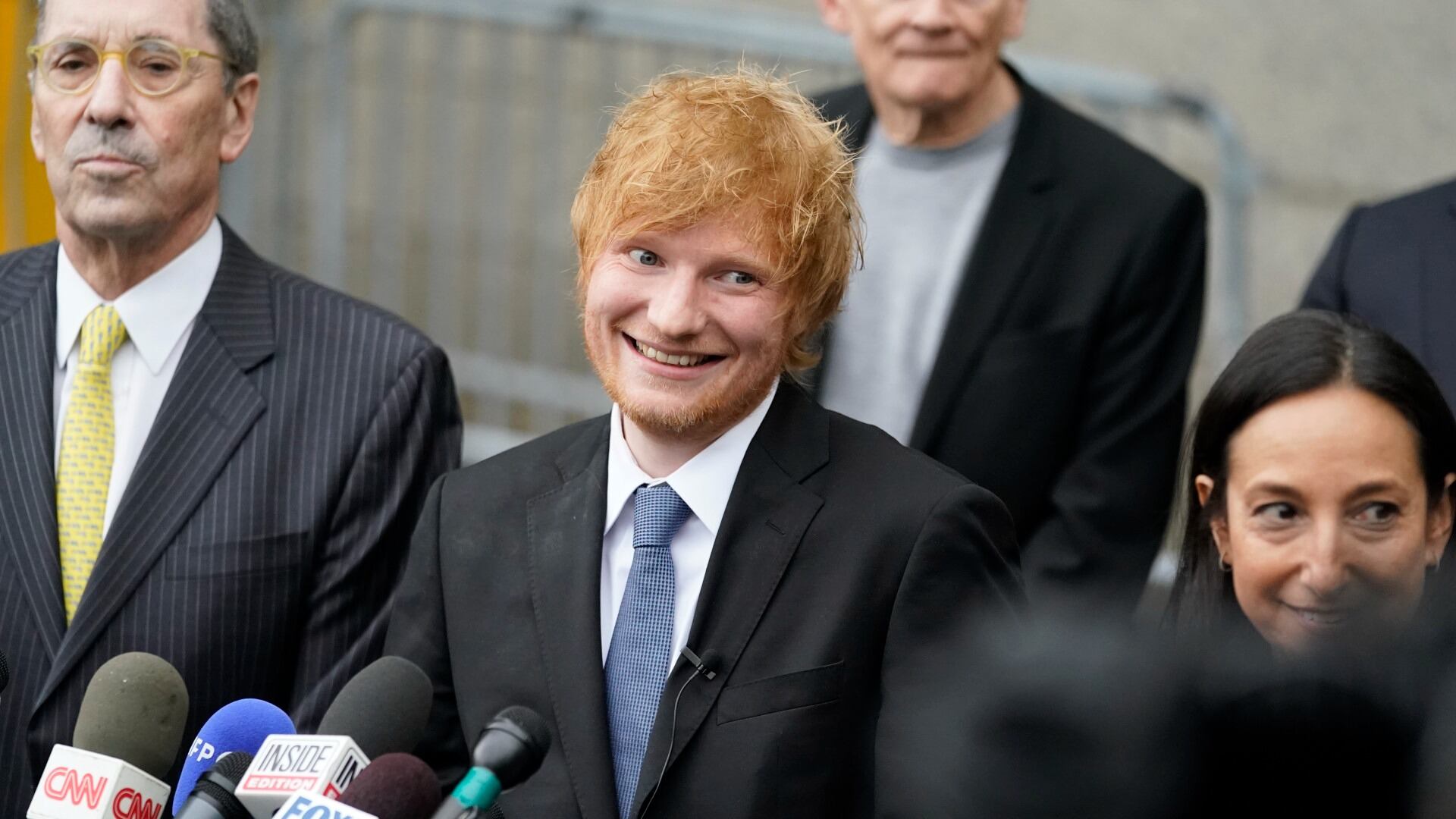*By Max Godnick* The newly-crowned Miss USA said she stands with her "sisters" who had the courage to appear on camera and say "me too." The national reckoning with toxic male behavior was part of this year's Miss USA competition, which included a pre-recorded montage of some contestants sharing their experiences with sexual assault. "You have to be real and acknowledge what's going on in our world," said Sarah Rose Summers, the newly crowned Miss USA, in an interview with Cheddar on Thursday. "We're not in our own little bubble as Miss USA contestants." The 23-year-old said she has never experienced any sexual misconduct but was supportive of her fellow contestants who did appear in the video. Summers received two degrees from Texas Christian University and recently finished her clinical rotations to become a certified child life specialist. She said she and her fellow contestants handle uncomfortable interactions on social media and in person differently since the #MeToo movement took off. "There's less of 'oh he's just creepy' and more of 'that's not acceptable," said Summers. President Trump owned The Miss Universe Organization, operator of the Miss USA, Miss Teen USA, and Miss Universe pageants, from 1996 to 2015. Five former contestants have said they remember Trump visiting their dressing rooms during the 1997 Miss Teen USA competition, according to [a report by BuzzFeed News] (https://www.buzzfeed.com/kendalltaggart/teen-beauty-queens-say-trump-walked-in-on-them-changing?utm_term=.kjX2mPLpG#.byrm5eOLZ). Summers said she never felt like her privacy was violated while taking part in the pageant. "I felt very safe and we all have security that are with us all of the time so we cannot be approached by anyone," she said. For the full interview, [click here](https://cheddar.com/videos/miss-usa-on-pageants-in-the-metoo-era).

